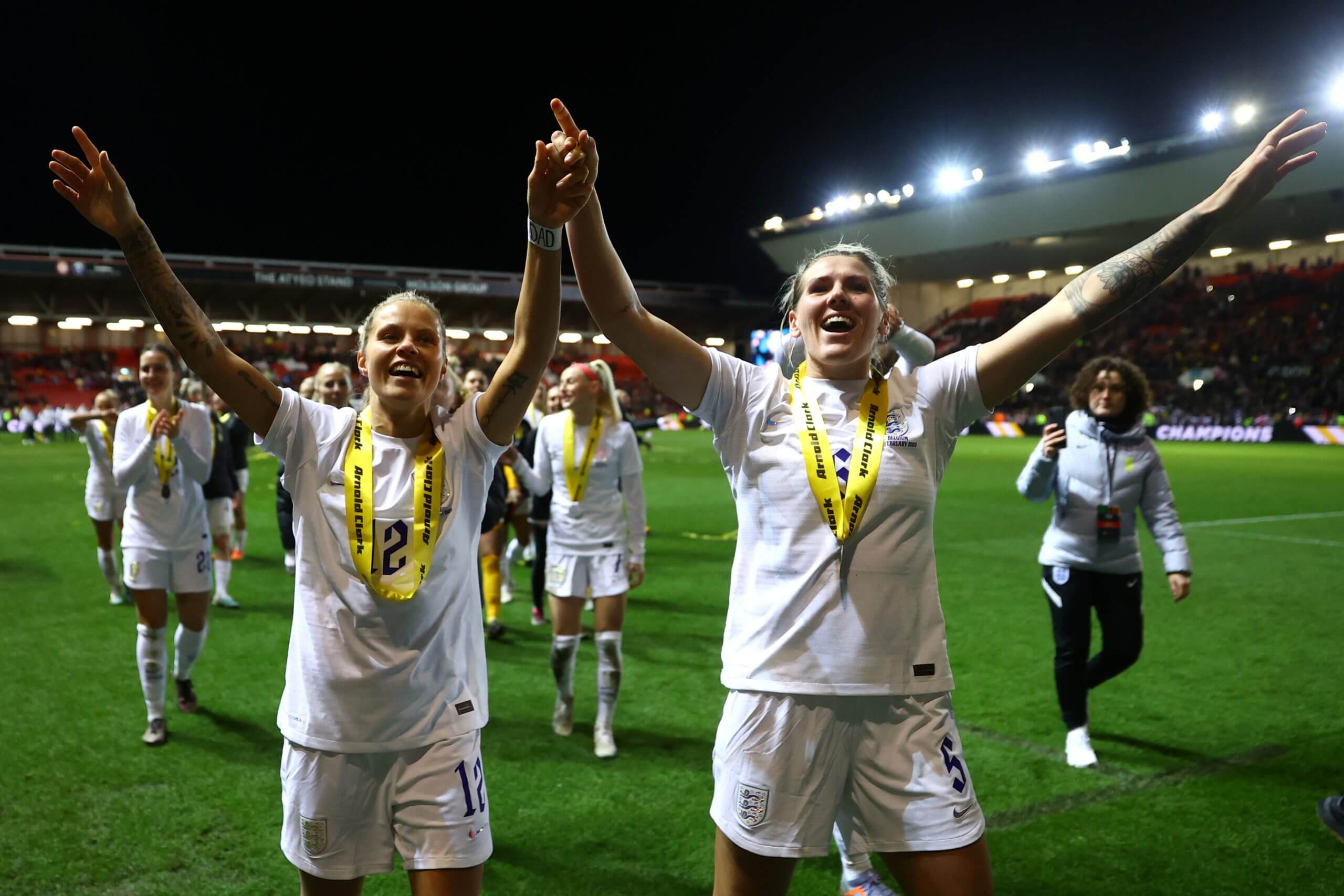
A very normal thing keeps happening to Rachel Daly. The Aston Villa forward keeps having train trouble. Delayed. Late. Cancelled with no notice.
Train trouble is why The Athletic is sitting down with Daly and Millie Bright, her new podcast co-host, to discuss their new venture, Daly Brightness, a mere 12 hours before the first episode drops.
Advertisement
Two weeks earlier, Birmingham New Street station had turned into a momentary blackhole of travel hope, forcing the cancellation of not only trains but our interview, too.
“My luck,” Daly quips as she lounges on a navy chaise longue beside her best friend, Bright.
In a back office of an east London hotel, the pair are a near-perfect yin and yang: Daly in matching oversized black sweats and messy golden topknot, Bright in a white T-shirt, blue jeans and blonde hair pulled effortlessly back. The duo seamlessly slip between spates of conspiratorial giggles about whose mum would make a better Daly Brightness guest (hint: it’s not Daly’s) into earnest rumination about the shackles that come with being known as The Footballer.
All this time, Daly is blissfully unaware that, in an hour and a half’s time, she’ll be staring at the Euston departures board in London with the words Delayed Indefinitely written across every screen.
“But we’re such normal people,” Daly, 33, says when it’s pointed out that 17 years into her senior playing career, perhaps she doesn’t need to endure this mortal coil.
Daly gazes at Bright beside her. “We’re probably too normal, aren’t we?”
“We’ve never strayed from our rooms in that sense,” Bright concurs.

Rachel Daly (left) and Millie Bright celebrate after England’s victory over Belgium in 2023 (Michael Steele/Getty Images)
Part of their steady course is vestigial. Bright, 31, and Daly are a product of an era in women’s sport when the sport was tangential to making a living.
Part of it, though, is stubborn personality. Bright’s preparation for shopping is “chucking something on and going”. Low-cost clothing store Primark is never not an option. “If something’s £1.10 in B&M and it’s £2.50 in Sainsbury’s, I’m going B&M,” she declares. It’s in “the cheap shops” where Daly is asked for photographs. “And they’re like, I can’t believe you’re here.”
Which is the problem.
Advertisement
“Put it this way. You’re a journalist,” Daly observes. “You go to the pub after work. You’re not seen as a journalist when you’re in that room. But as soon as I walk into my local, it’s like, ‘Oh, footballer in the pub, what the hell’s that about?’.”
“And then you’re labelled unprofessional, distracted. Now all of a sudden you have a bad reputation,” Bright adds.
“That’s where it’s become a lot more important for us to be like, ‘We are normal human beings’,” Daly says. “Because we are. And I’m not going to change.”
Bright and Daly’s podcast, Daly Brightness, explores this humanity.
Timing is important. The podcast is technically a day old, the first episode having hit streaming platforms on Tuesday. But its premise is a six-year brainchild of Bright and Daly, the two having created the enterprise back in 2019 — presciently, just before the Covid-19 pandemic — as an attempt to bring an increasingly grey world a dose of raw sunshine.
“But between my football, your football, living abroad, living in England,” Daly says, expanding on their idea never manifested.
The approach from podcast production company Goalhanger made the timing feel right, as did shifts in the wider ecosystem. Women’s sport is growing as a global stock, but athletes are concurrently discovering they too are becoming quantifiable objects in some prisms.
During Chelsea’s 1-0 Women’s Super League win over Aston Villa in February, Bright was heckled by fans with whom she had just snapped photographs, forcing her to take to social media to address the behaviour, writing in her post that players were “not robots”.
“In that situation, you can have whatever opinion on me, I do not care at all,” Bright says. “But I was asked for the photograph, I had a genuine conversation, I did the signature. And to then be disrespected after… it was the principle.
Advertisement
“I think fans are having to learn, especially now the numbers are growing, my situation at that game… I’m not an object. You can ask for my autograph, but the minute you disrespect me, you’re not going to get my autograph. Because, actually, as players, we don’t owe anyone anything. We play for the fans every single game, that is the biggest thing.”
“As a footballer, you’re viewed as an asset a lot of the time,” Daly adds. “You’re a footballer, that’s it. But there are so many layers to us. It’s good to share stories that show that. But it’s quite a scary thing to speak out as a footballer. That’s why the podcast was so good for us. We felt like we actually had a space to speak openly about things.
“And if you want to judge us for that, then so be it. But it’s our words, raw and genuine.”
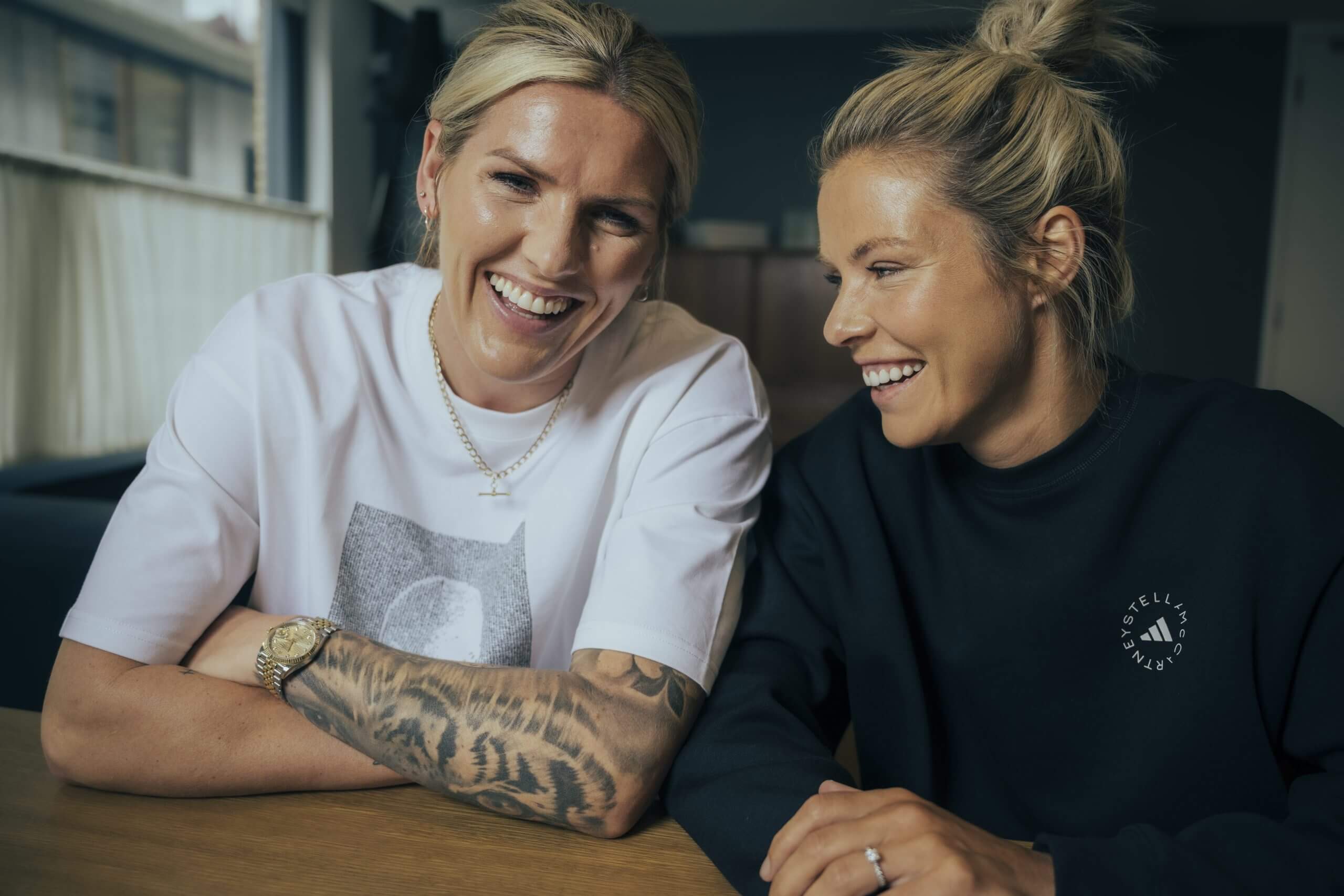
“We have too many stories about ourselves to discuss other people,” Daly says of the podcast (Garry Jones Photography)
Authentic rawness is the podcast’s main appeal, as is the fact Daly and Bright are active players entering an arena traditionally dominated by retired and former players. Take, for example, The Rest is Football, another Goalhanger podcast, featuring Gary Lineker, Alan Shearer and Micah Richards, three former top-flight players whose retired status afford them an important degree of separation when sharing opinions or stories.
Neither player asked permission from their club nor their team-mates to do the podcast. The decision that sits in accord with the essence of the whole endeavour: to be perceived not as assets requiring stamps of approval, but humans with agency.
Even so, Daly Brightness’ press release promised “real talk” on “ground-breaking policies” and topical women’s football news. Neither Daly nor Bright believe being active players might pose an obstacle to unfiltered chats. A gossip corner this is not. “We have too many stories about ourselves to discuss other people,” Daly says.
Certain topics — such as the sacking of a manager mid-season, as Daly’s Aston Villa did in December, or the very real threat of relegation Villa were under only a few weeks ago — are unavoidable.
Advertisement
“That’s when it becomes confidential,” Daly says. “If it’s not directly impacting me, then I’m not in a place to talk about it. But that’s, again, largely not really what the podcast is about. I might touch on it, the current trends, but we wouldn’t dive deep into it.”
“We’d protect each other in that sense,” Bright says. “We’d talk about how we’ve dealt with losing a manager. What are the challenges we faced by waiting for the new manager to come in? What are you going to look forward to? What are you going to learn from the previous one?”
Boasting over victories is also not on the agenda.
“I wouldn’t be like, ‘Ha, I beat you on the weekend’,” Daly says. “For one, we’ve played each other for years now and I’ve never won one game.”
“And if she was going to sit there and rub it in, then I wouldn’t be on the podcast with her,” Bright says. “I wouldn’t be friends with her. But we don’t analyse the game on the pod. It’s more checking in about the challenge that’s in front of you. It’s like a therapy session for us.
“Sometimes you don’t have the chance in football to process your emotions. So it’s nice to have those check-ins, get things off our chest that we’d probably brush under the carpet, then explode six months down the line.”
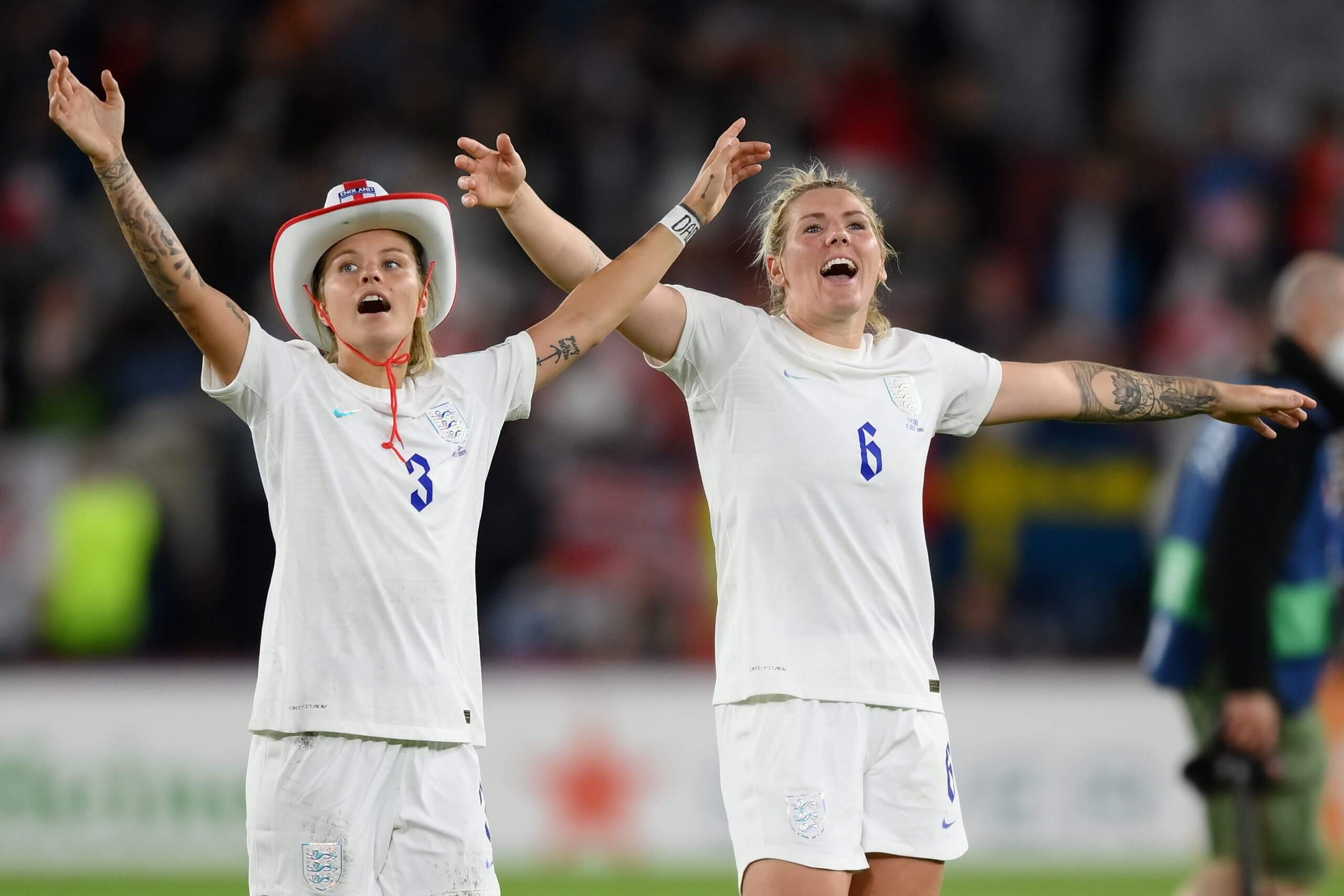
Daly and Bright celebrate England Women’s Euro 2022 semi-final win over Sweden (Shaun Botterill/Getty Images)
The ability to “expose” this side of their lives is the main strength of doing the podcast as active players, Bright says.
“You see clips of us on England camp together, but they’re all very filtered and joking,” she says. “But there’s sides that people haven’t seen. I’m talking about the nights before a massive game where one of us is in tears and we’re trying to figure out that situation and make sure we’re in the best possible place for the game. We don’t take ourselves too seriously 99 per cent of the time, but we want to share that one per cent.”
Advertisement
As vulnerable as Bright and Daly are, they are equally coy and mysterious. There is the likelihood of merchandise, maybe a live tour, and some guest appearances. Podcaster Olivia Attwood, whom the two listen to avidly, would be a “dream” gig. “But we can’t tell you any other guests or it’ll ruin them,” Daly says playfully.
It takes approximately a minute and a half to register just how ripe Daly and Bright’s relationship is for a podcast, the dynamic — honed after more than a decade of friendship — enchantingly intimate but also challenging.
“People expect us to just go, ‘Yeah, yeah, yeah, same, same’,” Bright says. “But it’s really not. We differ in opinions, the way we think.”
There are still kinks to work out, such as how the summer’s European Championship is going to influence their current two-pod-a-week rota, with Daly retired from the international game and Bright very much a part of England manager Sarina Wiegman’s title defence.
The podcast intro is also still a work in progress. “Remembering your own name is the hardest part,” Daly says, who had to be reminded by Bright at least once that her name was Rachel, not Millie.
Daly and Bright also know they will not appease every audience member, nor will every opinion be lionised.
“You’re always going to offend somebody in anything you do, honestly,” Daly says. “Someone’s going to not like something that you say. We’ve learned that as footballers. You’ve got to have thick skin. It’s a cold world out there sometimes.”
If that and a delayed train to Birmingham New Street are the tax to pay to be human, then so be it.
“And if you don’t like that,” says Bright, “then off you pop.”
(Top photo: Garry Jones Photography)
This news was originally published on this post .




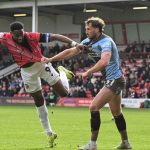


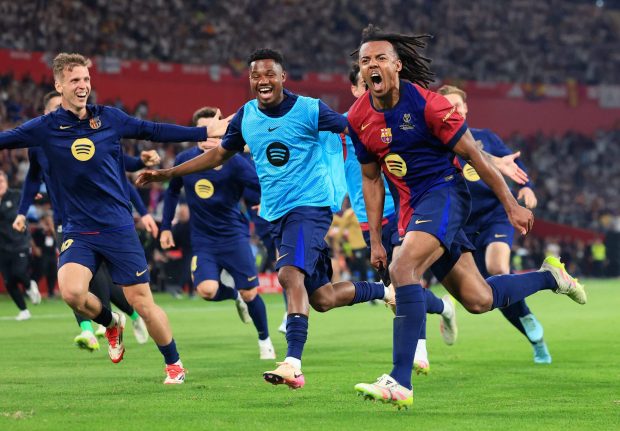

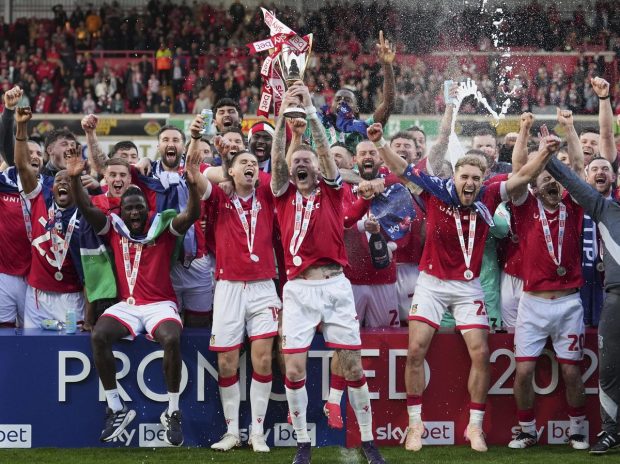
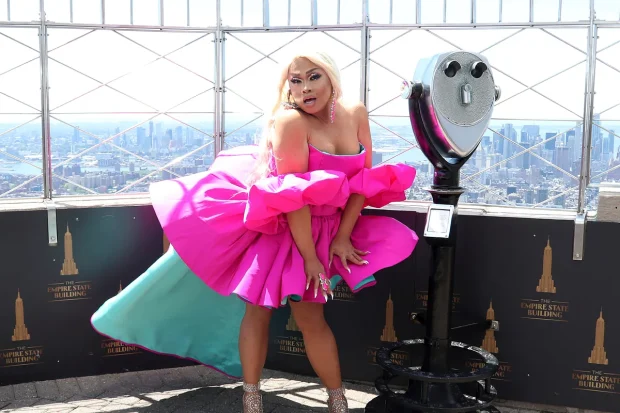
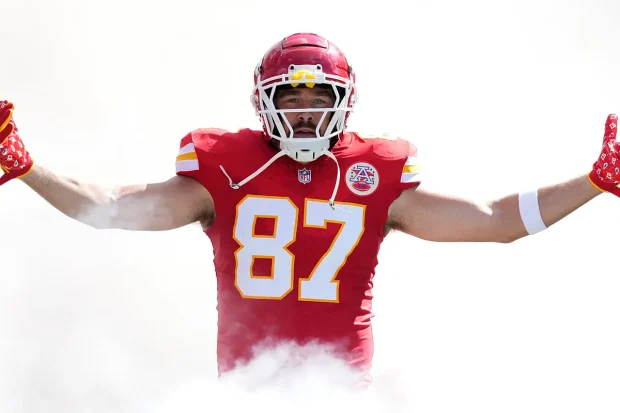
Be the first to leave a comment